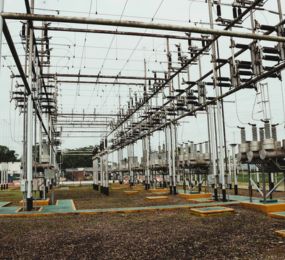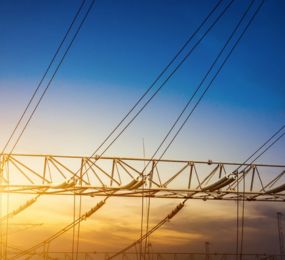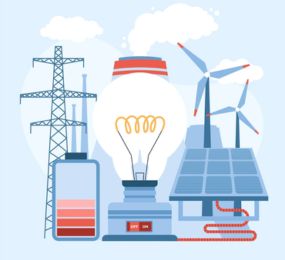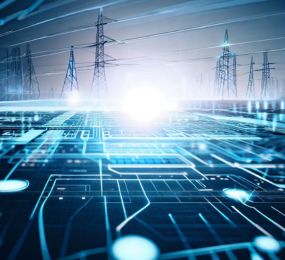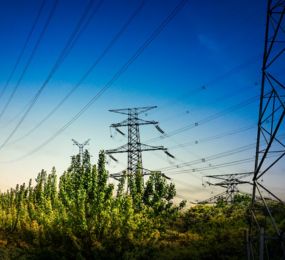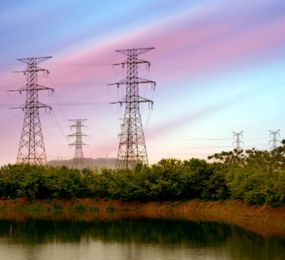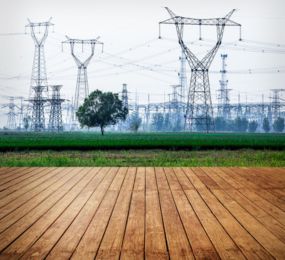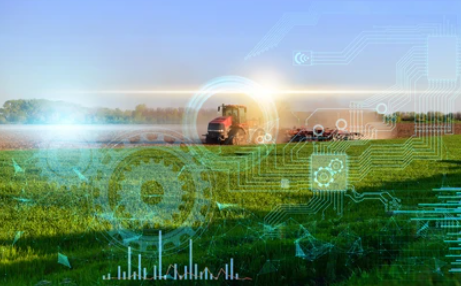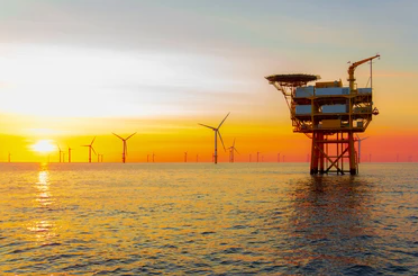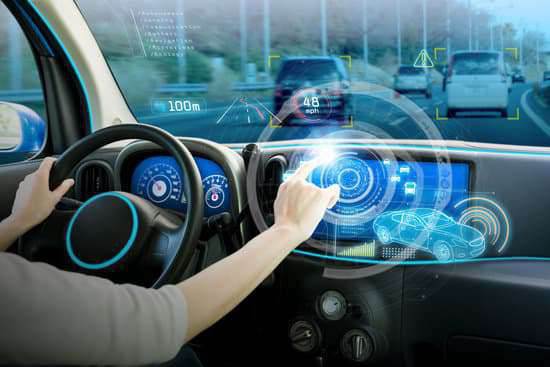In this period where sustainability, resilience, and energy efficiency are paramount, the concept of microgrids and decentralized energy generation is gaining significant traction. These innovative approaches to power generation and distribution are reshaping the energy landscape, offering a multitude of benefits for communities, businesses, and the environment.
Defining Microgrids and Decentralized Energy Generation
A microgrid is a small-scale, localized energy system that can operate independently or in conjunction with the main power grid. These microgrids can include a combination of distributed energy resources like solar panels, wind turbines, batteries, and even traditional generators. Decentralized energy generation involves the production of power at or near the point of consumption, reducing the need for long-distance energy transmission.
Enhanced Resilience and Reliability
One of the primary advantages of microgrids is their ability to enhance the resilience and reliability of power supply. In the event of grid disruptions caused by natural disasters or outages, microgrids can operate independently, providing a continuous source of electricity to critical infrastructure such as hospitals, emergency services, and even entire communities. This resilience reduces downtime, improves safety, and minimizes the economic impact of outages.
Sustainability and Clean Energy
Decentralized energy generation often incorporates renewable energy sources like solar and wind power. These sources are abundant, environmentally friendly, and reduce greenhouse gas emissions. By integrating clean energy into microgrids, communities can reduce their carbon footprint and contribute to a more sustainable energy future.
Empowering Local Communities
Microgrids and decentralized energy generation empower local communities by providing them with more control over their energy supply. They enable communities to become self-reliant and less dependent on large, centralized power plants. This not only promotes energy security but also creates economic opportunities through local energy production and distribution.
Efficiency and Energy Savings
Decentralized energy generation can often be more efficient than centralized power generation and long-distance transmission. It reduces energy losses during transmission, making it a cost-effective solution. Additionally, microgrids can incorporate advanced technology and energy management systems to optimize energy use, further reducing costs.
The Future of Energy
The rise of microgrids and decentralized energy generation signals a promising shift in the energy sector. These technologies enhance resilience, sustainability, and efficiency while empowering local communities and businesses. As we move forward, we can anticipate greater integration of microgrids and decentralized energy generation in our quest for a cleaner, more reliable energy landscape.
Visit our website to register and secure your spot today! click here: https://bit.ly/3peklYc
For more information and group participation, contact us: [email protected]


